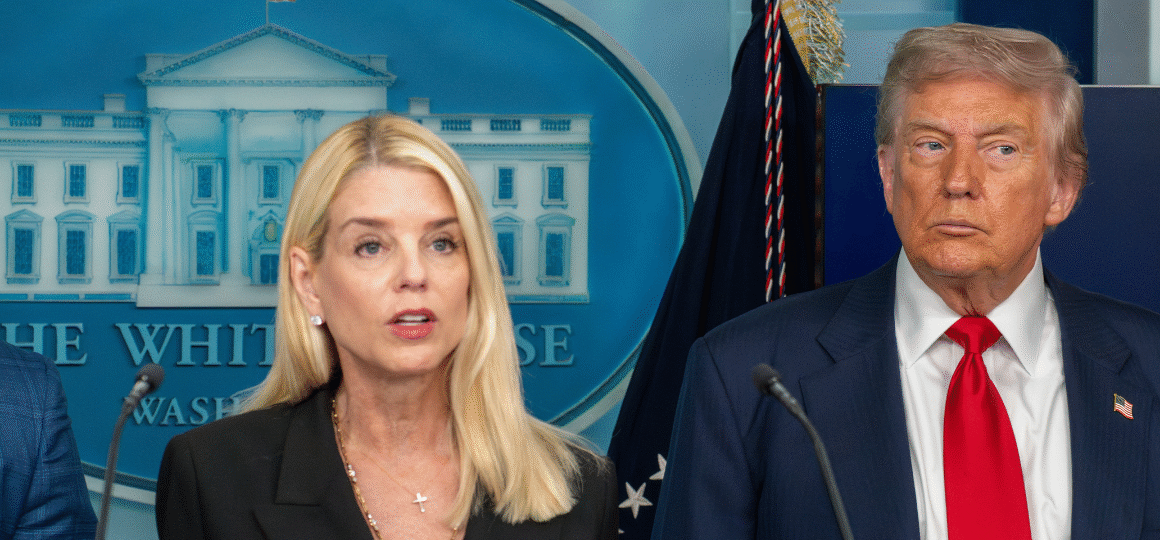Donald Trump has signed the bill that ends the longest government shutdown in American history and sets in motion the return of federal prohibition for most hemp-derived products. The Senate passed the package on Monday. The House followed on Wednesday. Inside the hundreds of pages that fund critical agencies sits one of the most dramatic drug-policy reversals the United States has seen in years.
The hemp sector now has 365 days before most of its products are treated as illegal Schedule I marijuana again under federal law.
This is no longer a proposal. It is law. But the prohibition does not take effect today; the ban begins one year from enactment.
The shutdown is over. The fight over hemp is just beginning.
What Congress Just Recriminalized
The spending package contains a quiet but sweeping rewrite of the definition of legal hemp. As reported by Marijuana Moment, the new standard kicks in one year from enactment. On that date, any product that exceeds 0.4 milligrams of total THC per container becomes illegal under the Controlled Substances Act.
Not 0.4 milligrams per serving — per entire jar, can, cartridge, bag, bottle or packet.
The legislation also bans:
- Any cannabinoid synthesized or manufactured outside the plant
- Any cannabinoid that cannot be naturally produced by Cannabis sativa L.
- Any intermediate product sold directly to consumers
- Any cannabinoid with “similar effects” — or marketed as having similar effects — to THC, as determined by federal health regulators
This is a “total THC” framework that counts THCA, delta-8, delta-10 and other isomers. It eliminates most tinctures, gummies, seltzers, vapes, infused beverages and low-dose products that emerged after the 2018 Farm Bill.
Legal hemp retreats to a narrow technical definition. Everything else becomes marijuana under federal law.
The 365-Day Window
Federal prohibition does not return overnight. Congress placed a one-year delay between signature and enforcement. According to Foley Hoag’s analysis, that delay raises immediate questions:
- Can states with regulated hemp markets continue licensing operators?
- Will interstate shipping of hemp distillate be treated as trafficking?
- Will Section 280E now apply to hemp businesses, and in which tax years?
- Will existing loans or credit lines trigger default clauses?
- Will banks exit the sector?
- Will companies need to restructure before the deadline?
- How will trademarks and patents be treated under the restored prohibition?
- When do state “trigger laws” activate?
Foley Hoag notes that Alabama and Arkansas already have statutes that automatically adopt new federal cannabis definitions. When the one-year period ends, hundreds of businesses could find themselves locked out of their own markets.
Tomorrow looks the same. A year from now could look unrecognizable.
The Kentucky Civil War
Two senators from the same state shaped the modern hemp era. Now they are on opposite sides of its rollback.
Senator Mitch McConnell helped legalize hemp in 2018. He also helped design the new limits. He argues that the Farm Bill was never intended to create a national market for low-dose hemp beverages or psychoactive isomers.
Senator Rand Paul fought the ban at every turn. He warned leadership that they were “destroying an industry.” He introduced an amendment to remove the prohibition clause. Twenty-two Democrats supported it. Senator Ted Cruz broke ranks and voted with them. The amendment failed. The government needed to reopen and the Senate moved forward.
In the House, Representatives James Comer, Andy Barr and Thomas Massie all complained that the process forced them into a corner. They said the provision was hidden, rushed and unfair, but the shutdown left no room for negotiation.
The bill advanced anyway. The president signed it. The countdown began.
Why This Happened
The clearest explanation comes from the policy community itself. Earlier this week, the team at Policy Decoded wrote:
“This wasn’t a situation where Mitch McConnell outsmarted the hemp industry (although he may have). He outwaited it.”
By attaching the ban to a must-pass bill, the coalition behind the language eliminated the possibility of a clean amendment. Lawmakers who opposed the provision still voted for the package because the alternative was a continued shutdown.
One vote reopened the government and scheduled the recriminalization of hemp.
What the Industry Says
Reactions have been immediate and blunt.
Jim Higdon, cofounder of Cornbread Hemp, told Marijuana Moment that advocates are preparing for a legislative push during the one-year window. He believes Congress can pass a regulatory alternative before the deadline.
The U.S. Hemp Roundtable issued one of the strongest statements yet. The group says the bill will ban more than 95% of hemp extract products and eliminate a multibillion-dollar sector built by small farms and responsible operators. They write:
“Businesses are deeply disappointed by the decisions of Congress and their openness to receiving false information so easily.”
The Roundtable stresses that the industry is not defeated. They now have “365 days to regulate, not ban,” and plan to work with lawmakers to replace the prohibition clause with real standards. The group is backing efforts by Rep. Morgan Griffith, who aims to introduce a bill requiring good manufacturing practices, truth in labeling, bans on synthetic THC and protections to keep products away from minors. Senators Ron Wyden and Jeff Merkley are expected to reintroduce their Senate version.
Manufacturers and beverage companies echo the same concern.
Kim Sanchez Rael, CEO of Azuca, told High Times this week that the ban “puts years of innovation at risk” and that the real solution is regulation.
FundCanna CEO Adam Stettner said that Congress cannot “erase a twenty-eight-billion-dollar market” by attaching it to an appropriations bill. He argues that prohibition “never works” and that responsible oversight is the only stable path forward.
What Happens Next
- The government is funded through January 30, 2026
- The hemp provisions become enforceable on November 13, 2026
- The FDA must publish a list of natural cannabinoids and THC-class compounds within 90 days
- States must determine how to handle licensing, enforcement and interstate movement
- Operators must decide whether to reformulate, restructure or prepare for entry into state-regulated cannabis markets
This is the most significant shift in U.S. hemp policy since legalization. It reshapes beverage markets, low-dose innovation, cultivation economics and consumer access in every state.
The shutdown ended. The real fight over hemp is now entering its most consequential year.
Photo: Shutterstock





